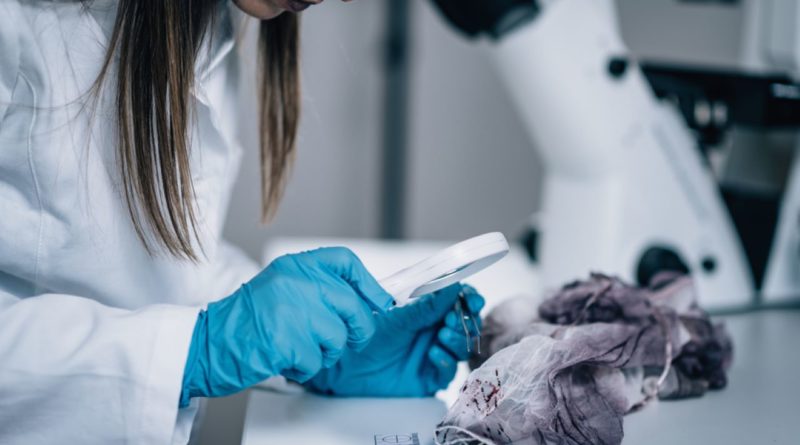About Forensic Science Courses
Considering a Forensic Science Course?
If you want to learn more about forensic science, you should consider doing a forensic science course. A forensic science course will provide you with everything you need to know to work as a forensic scientist. It can be an exciting role that is full of mystery so if you enjoy problem solving and science, it is definitely the role for you. The good news is there are tons of forensic science courses currently available.
What Is Forensic Science?
Forensic science, put simply, involves forensics which refers to a public discussion or debate. In a modern context, forensic applies to courts or the judicial system. Combine that with science and you get forensic science.
Forensic science means applying scientific processes and methods to solving crimes. The development of forensic science has been used to solve crimes, uncover mysteries and exonerate or convict exonerate suspects of crime for hundreds of years.
The extraordinary scientific advancements and innovations in forensic science have enabled it to become a highly developed science that involves numerous disciplines and thousands of forensic scientists specialising in everything from botany to dentistry to DNA and toolmarks.
What Will I Learn?
Each forensic science course will vary depending on the course provider and what the course specifically focuses on. However, there are some universal topics that you can expect to learn about in any forensic science course.
Therefore, you can expect the course of your choosing to combine scientific analytical skills in conjunction with an in-depth knowledge of criminology. You can expect to explore how forensics came to be, what the role of forensics is in police work and how these methods can be used in non-criminal areas.
In addition, you will discover what blood is and how traces of blood can be found and used in evidence. Also, you will learn the power of DNA chemistry, what happens if someone tries to poison another person and how to confirm how long someone is dead.
Not to mention, you will explore the small pieces of evidence that can convict someone. Some courses may well cover more than is written here. If you would like an exact list of modules, do not hesitate to contact your course provider. Do not be intimidated to do so, they will be delighted to hear you are interested in their course and happy to help you.
Career Opportunities
Upon completion of your forensic science course, you can expect to be able to work in a diverse range of areas. You can work as an analytical chemist, a biomedical scientist, a crime scene investigator, a detective, a forensic scientist, a scientific laboratory technician and toxicologist. Besides these job opportunities, there are also areas where your qualification would be useful. For example, as a police officer or as a science writer.
If you’re serious about doing a forensic science course, check out courses near you in the Nightcourses.co.uk national course finder.




